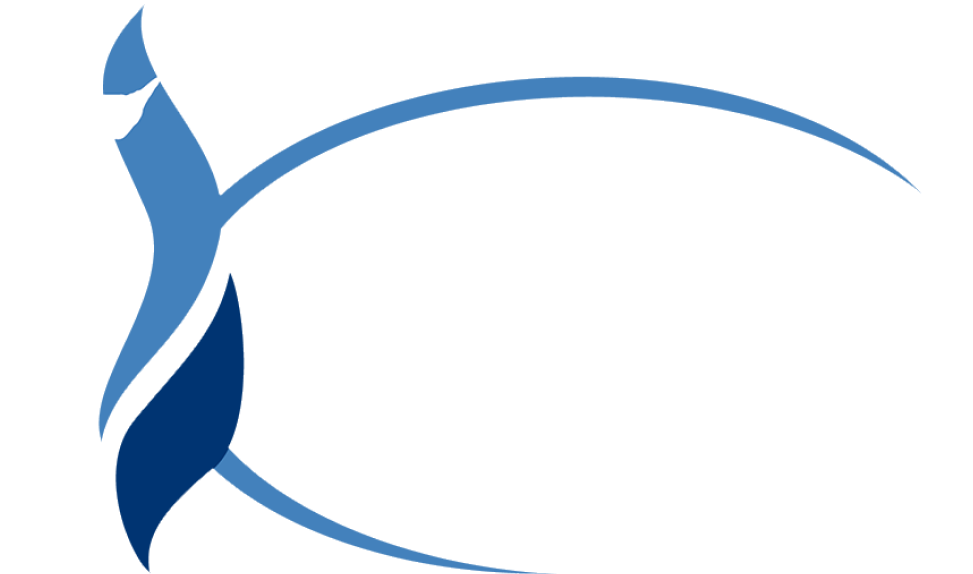English
Elementary: Reading/Language Arts K-5
An evidence-based approach is the foundation for teaching reading in the elementary grades. This strong foundation is intentionally rigorous in progression to help students apply skills to complex texts and learning experiences. Students will be taught through explicit, systematic, and cumulative instruction, which involves directly explaining concepts, consistent feedback, and support to achieve mastery.
Secondary: English 6-12
Recognizing the need for students to be prepared to read and to participate in society as literate citizens equipped with the ability to communicate effectively, the English curriculum in Chesapeake addresses this need by encompassing all of the English Standards of Learning as set forth by the Board of Education for the Commonwealth of Virginia. Foundational skills instruction continues through grade 8. The English standards are organized to help students be effective communicators in a complex world by learning to negotiate, navigate, interpret, and think critically about media and text in all formats, such as images, print, and speech. Students in Chesapeake will be the recipients of a balanced instructional program that will support their efforts in the community, in the workplace, or in postsecondary education.
Other Instructional Materials
Effective January 1, 2023, the district must adhere to the Revised School Board Policy 6-31 and Senate Bill 656. We are required to provide prior notification to the parent/legal guardian of a minor child of instructional material with sexually explicit content, as defined in the policy, that will be used in the parent/legal guardian’s student’s classes during the school year.
Appropriate steps and actions for compliance with Senate Bill 656 are outlined in our Student Handbook.
The following texts have been identified as having some element of sexually explicit content as defined by VA State Senate Bill 656. The following list is not perceived to be a comprehensive list and continues to be added to as additional texts are identified meeting the criteria of Bill 656.
At-Home Tips for Success
There are many ways families can help their students develop good reading and writing skills.
Create a reading/writing nook in your home
Provide an area of your home that will be designated just for reading and writing.
The area will need good lighting and a flat surface for writing
Provide access to paper, pens, pencils, erasers, a dictionary, and a thesaurus.
Encourage writing in your home
When your child has a writing assignment due, engage in a conversation about the chosen topic.
Focus on the ideas generated; encourage research and the time spent on writing.
Be aware that writing is a process, and students need to return to the same piece of writing several times. A polished finished product needs effort and time.
Ask your child what he or she is writing about in school. Many teachers use writing as a way to encourage students to reflect on their own learning or what they think about a topic.
Encourage reading in your home
Give books or magazines as gifts whenever appropriate.
Ask your child what he or she is reading and discuss what you are currently reading.
